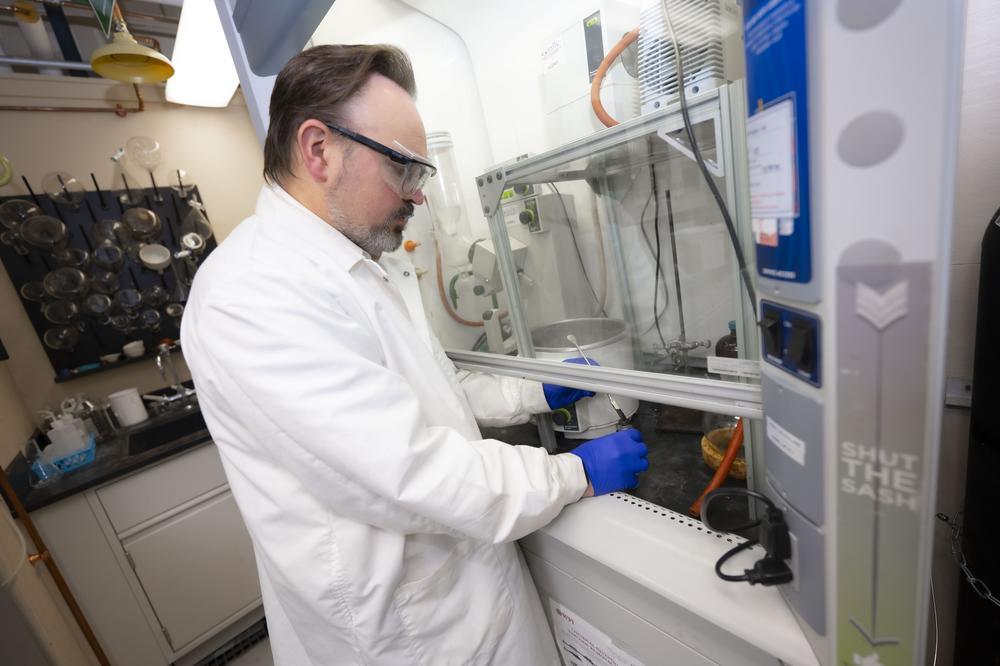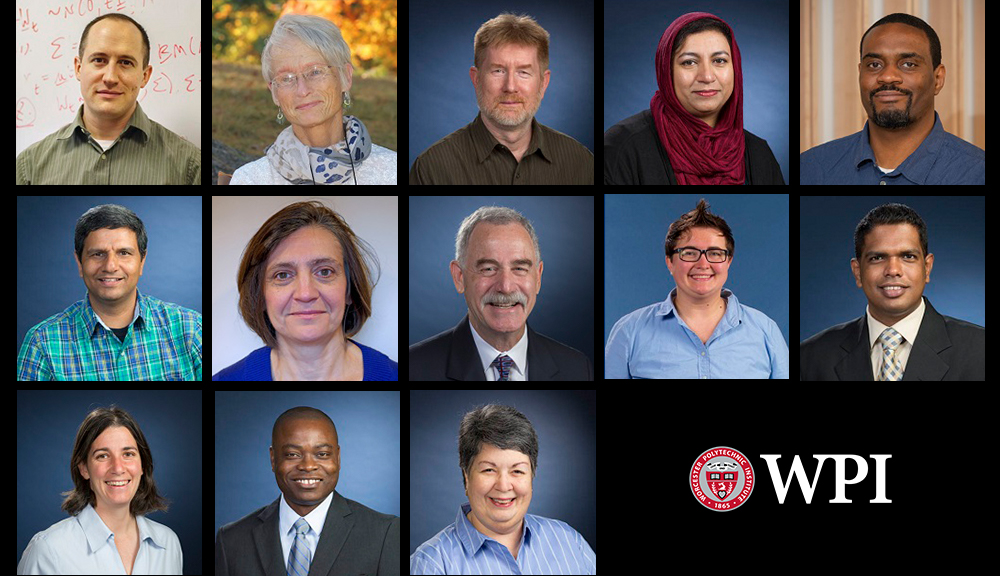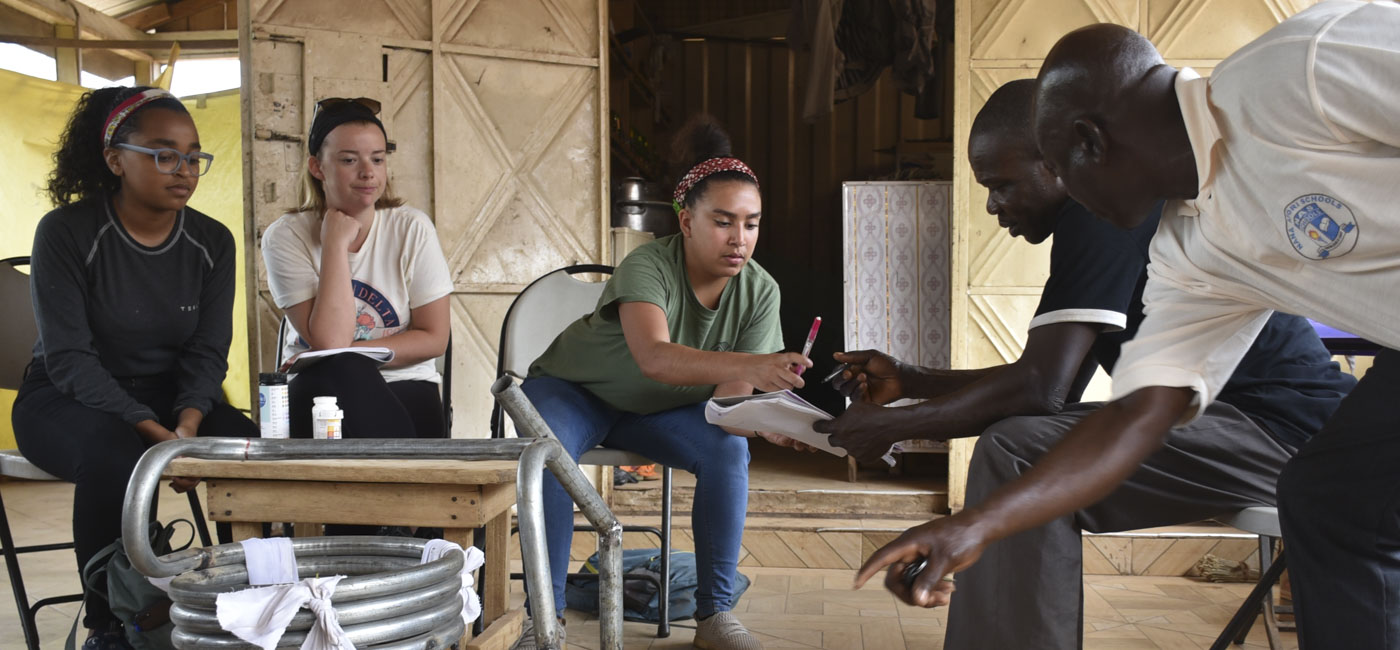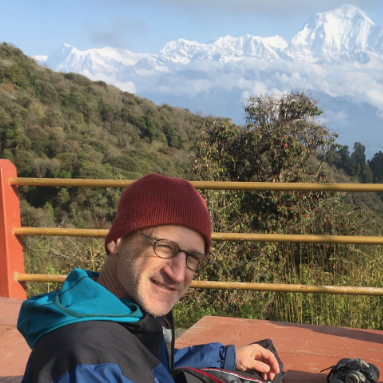Seth Tuler, associate professor in the Department of Integrative and Global Studies in The Global School at Worcester Polytechnic Institute, has been appointed by President Biden to serve as a member of the U.S. Nuclear Waste Technical Review Board.
The board is an independent federal agency that performs technical and scientific peer reviews of nuclear waste management and disposal activities in the United States. It also issues reports and recommendations to the U.S. Secretary of Energy and Congress regarding the U.S. Department of Energy’s activities concerning high-level radioactive waste and spent nuclear fuel.
Tuler joins a board of eleven members who serve part-time, each for four years. The president appoints candidates from a list of nominees submitted by the National Academy of Sciences.
By law, nominees to the board must have established records of eminence in a field of science or engineering. Current board members have expertise in fields including nuclear science, hydrology, civil engineering, mechanical engineering, materials science, and environmental health sciences.
“I am very excited and honored to be appointed by President Biden to the Board,” said Tuler. “What to do with high-level waste and spent nuclear fuel has been a serious conundrum for decades. The Nuclear Waste Technical Review Board can play an important role in the design of a program to safely manage spent nuclear fuel and high-level waste over centuries. As a social scientist I intend to help the Board contribute input and advice about how the federal government can craft programs that ensure opportunities for meaningful public and stakeholder involvement, address concerns about equity, and build public and stakeholder confidence in the program.”
Tuler has conducted research focused on the clean-up of sites in the U.S. nuclear weapons complex, nuclear waste management, and community climate change adaptation planning.
He previously served as a member of the federal Advisory Committee for Energy-Related Epidemiologic Research, which advised the Centers for Disease Control and Prevention on health studies associated with U.S. nuclear weapons facilities.
He also served on several National Academies’ committees, including the Committee on Transportation of Spent Nuclear Fuel and High-Level Radioactive Waste, the Standing Committee on Chemical Demilitarization, and the Committee on Alternatives for the Demilitarization of Conventional Munitions.
He is a co-director of WPI’s Boston Project Center in the Global Projects Program, and co-director of the Global Lab.






